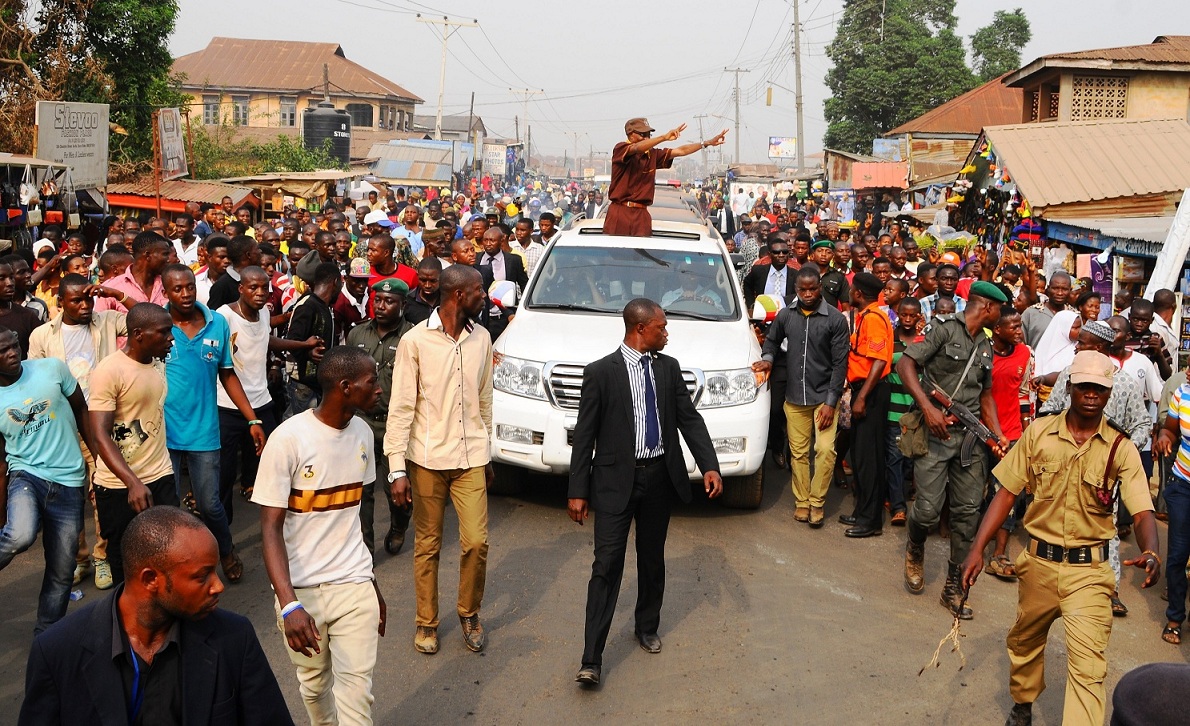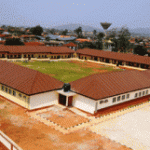
Osun To Involve Grassroots In Decision-Making
 Osun State government has expressed its readiness to make people at the grassroots level actively contribute to the decision-making and development projects through Community Information Board (CIB).
Osun State government has expressed its readiness to make people at the grassroots level actively contribute to the decision-making and development projects through Community Information Board (CIB).
The Secretary to the State Government, Alhaji Moshood Adeoti, who doubles as Vice Chairman, State Planning Commission (SPC) made the remarks at a two-day training workshop on the use of Community Information Board organised by the National Orientation Agency (NOA), Osun State Government in collaboration with UNICEF, held in Osogbo.
Adeoti, who stressed the importance of collection of data for the benefit of the communities said that it is imperative to organise the workshop in order to train the NOA officers, key community operators and local government officers on the implementation of CIB.
He added that the information and data collected from the CIB would be used for community development.
According to him: “It is imperative to organise this workshop in order to train the NOA officers, key community operators and local government officers on the implementation of community information board. This will enable them to use information for community development and to enhance communication for analytical reports and collection of data from identified data sources to the benefits of their communities.”
Adeoti added that the workshop would build the capacities of the participants for systematic monitoring, documentation and to make use of information to bring about social change at community level and to get what they need to improve their own lives through the use of community dialogue.
Earlier, the state director of NOA, Mr Remi Omowon said that the workshop was necessary and designed to afford all participants the opportunity to be trained on skills for information gathering in their localities and also acquire knowledge on how to make use of information for community for development to demand for their needs from policy makers.
Omowon added that the workshop would make the stakeholders to understand the need for the CIB as a tool for close monitoring of the well-being of children and women by communities and for them to know what action to take against negative trends and sustain positive ones.
TRIBUNE



